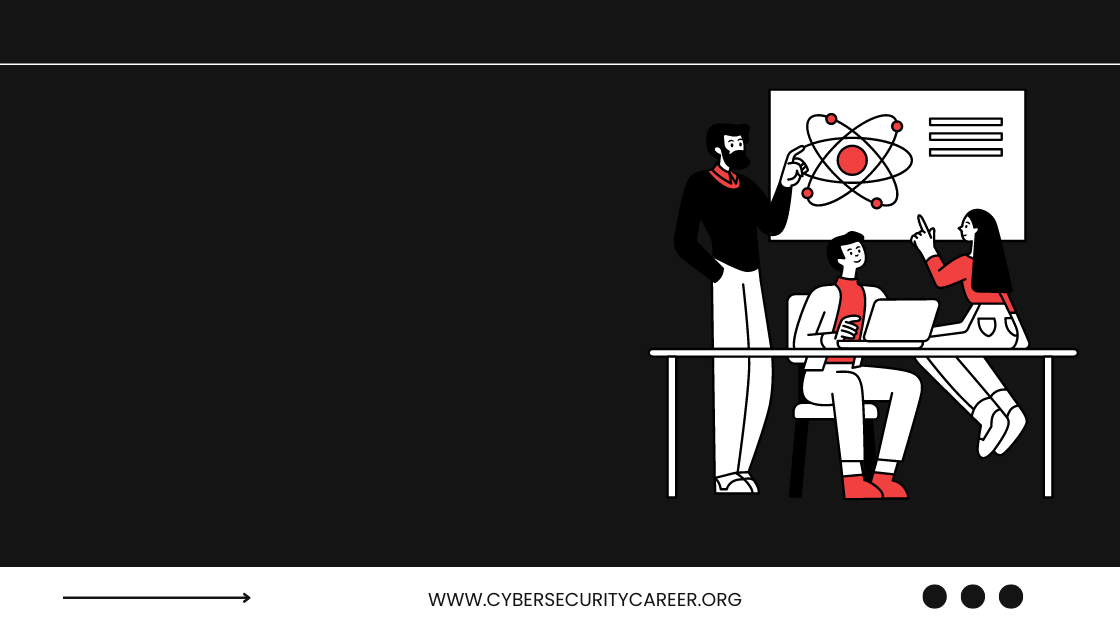Cyber security is a growing concern for businesses of all sizes, and incidents are on the rise. In this article, we’ll explore what an incident is, how to identify one in your organization, and some steps you can take to mitigate the risk.
What is Incident In Cyber Security?
Incident refers to any situation or event that interrupts or disrupts normal operations in a system or network. If an incident is detected, the cyber security team must take action to mitigate the damage and restore normalcy.
An incident can occur at any point in the cyber security lifecycle – from detecting an attack, to defending against it, to recovering after it’s been stopped. Figuring out what has happened, and why, is key to restoring systems and preventing future incidents.
In this blog post, we’ll explore some of the key concepts behind incident management and discuss how they apply to cyber security. We’ll also explain some common causes of incidents, and offer tips for mitigating them.
Incident Response Process
Incident response is the process of responding to a security incident.
The goal of an incident response plan is to minimize the amount of data loss, protect the confidentiality, integrity and availability of information, and protect the people involved in the incident.
An incident response plan should be tailored to the specific organization, technology and environment in which it will be used.
Incident response plans should include:
- Identification of the potential incidents.
- Identification of affected systems and networks.
- Determining what data may have been compromised.
- Identifying who was responsible for the incident.
- Containment and cleanup procedures.
- Reporting procedures.
Types of Cyber Attacks
Cyber attacks can come in various shapes and sizes, but the goal is always the same: to compromise a computer or network and steal information or disrupt operations. Here are three common types of cyber attacks:
- Web Attack: In a web attack, hackers target websites and exploit vulnerabilities in their code to gain access to user data or to take control of the website’s server.
- Email Attack: In an email attack, hackers penetrate corporate networks and send out malicious emails with attachments that exploit vulnerabilities in the victims’ systems. Once the emails reach their targets, they can install malware on their computers or steal sensitive information.
- Phishing Attack: In a phishing attack, hackers attempt to trick people into revealing personal information by sending them bogus emails that appear to come from legitimate sources (like banks or social media sites). If users fall for the scam, they may give away important information like passwords or financial details.
What to do if you are a victim of a cyber attack
If you are a victim of a cyber attack, there are a few things that you can do to protect yourself. The first step is to determine if you have been affected by the attack. If so, take the following steps:
- Log into your online accounts and review your security settings. Make sure that you are using strong passwords, and change them if necessary.
- Disable unneeded services and applications on your computer. These can sometimes be exploited by hackers to gain access to your computer.
- Install antivirus software and other security measures on your computer.
- Protect your computer with a firewall. This will help protect you from malicious software that may be trying to infect your computer.
- Contact your network administrator if you think that your computer may have been infected with a virus or malware. They may be able to help remove the infection from your system.
Prevention Methods for Cyber Attacks
The incidence of cyber attacks has been on the rise for years now. In fact, it is estimated that there will be over 50 billion cyberattacks in 2019. And as you can imagine, with that many attacks happening, it’s important to have a plan in place for preventing them from happening in the first place. Here are some prevention methods to help you stay safe online:
- Educate yourself and your employees about cyber security threats and how to protect yourself against them. This includes learning about common online scams and how to spot them, as well as being aware of what type of personal information is vulnerable online.
- Install secure software and update your antivirus software regularly. Make sure your computer is protected from viruses and other malware by using a firewall and up-to-date antivirus software.
- Use strong passwords and never share your login information with anyone. Keep all your financial data separate from your personal information, too – don’t use the same password for both accounts.
- Be suspicious of unsolicited email attachments or links in social media posts. Don’t open any unknown files or links, no matter who they come from – even if you think.
Conclusion
Cybersecurity is an ever-growing field, and with every new development there is a corresponding increase in the risk that your information will be stolen. If you are concerned about your online security, or if you work in the cyber security field, this article is for you. I have outlined five of the most common cyber attacks and how to prevent them. Armed with this knowledge, you can head off any potential digital disasters before they happen.










Leave a Reply